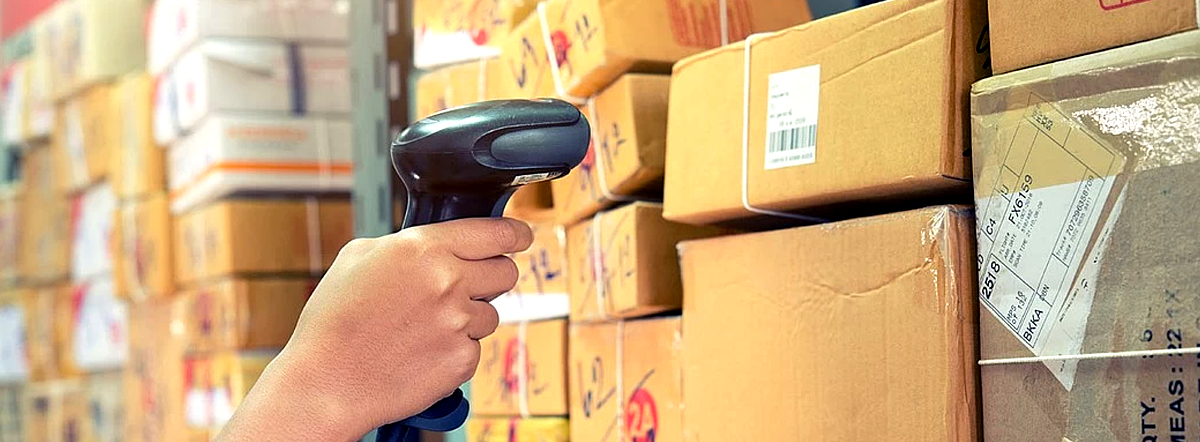Shoe manufacturers talked about the advantages of digital traceability of goods

Since April 1, 2023, the rules for marking and traceability of footwear products have come into full force in Kazakhstan: from this period, it is prohibited to sell shoes that are not registered in the information system for marking and traceability of goods (IS MTG).
During the two months of the current rules, the volume of marked shoes in Kazakhstan has doubled: if in March 2023 the volume of marked shoes was 6,145,348 units according to the number of registered marking codes in the IS MTG, then in April and May of this year more than 15 million shoe codes are registered in the system every month, which demonstrates high business activity in work with the traceability system and the implementation of the main function of the system – the fight against the shadow economy.
The key feature of digital labeling and traceability is the ability to make the chain of supply and sale of goods as transparent as possible, thereby preventing the shadow import and turnover of shoe goods in the country. According to official data, the statistics of the shadow economy in this industry is 48%, that is, every second pair of shoes is imported into the country illegally.
The greatest interest in compliance with the rules of digital labeling and traceability of footwear products is expressed by domestic manufacturers. According to entrepreneurs, the system makes it impossible to introduce goods into the country illegally and helps to identify importers with whom it is impossible to compete due to low prices due to shadow turnover.
«All the necessary labeling processes at the production facilities are built, there is nothing complicated here and there were no problems with the introduction of labeling. We were ready to ban the sale of unmarked shoes, because we understand that labeling is necessary and we support transparency and healthy competition in the market. The rise in the price of goods was, but insignificant, the introduction of labeling did not dramatically affect the cost of goods», — Gulmira Uakhitova, Chairman of the Board of the Union of Legal Entities and Individual Entrepreneurs «National Association of Light Industry Enterprises «QazTextileIndustry» shared.
According to entrepreneurs, including importers, labeling costs averaged 350 tenge or about 1% per pair of shoes. Shoe manufacturers include labeling costs, reducing their marginality by 2-4%, but at the same time gaining the competitive advantage of doing business in good faith.
«TarazKozHobuv LLP participated in a pilot project of digital labeling of shoes, so we have all the processes lined up, and we were ready to ban the sale of unmarked shoes. As for labeling costs: we bought a printer and Data Matrix codes on a one-time basis, these costs do not significantly affect the cost of shoes. We also have a positive attitude towards the introduction of fines for the sale of unmarked shoes. The rules and conditions of doing business should be equal for everyone» — said Yerkin Abdybayev, General Director of «TarazKozHobuv» LLP.
As a result of the introduction of digital labeling and traceability, official shoe imports increased by 13 million pairs (30%) (from 37.2 million pairs to 53.1 million pairs). Before the introduction of labeling for the period 2018-2020, the indicator of shoe imports varied in the range of 35-39 million pairs. In addition, tax revenues from shoe entrepreneurs registered in the marking and traceability system of goods by the end of 2021 increased by 55% compared to 2020, and by the end of 11 months of 2022, tax revenues increased 2.2 times compared to the same period of 2021.
Recall that in Kazakhstan, the labeling and traceability system applies to three commodity groups: tobacco (the labeling code replaced the function of the excise stamp from January 1, 2022), footwear products (from November 1, 2021) and from July 1, 2022 – the phased introduction of labeling and traceability of medicines. Product groups subject to mandatory labeling are selected according to the main criteria:
1) high level of shadow economy;
2) high threat to public health.
The rules of labeling and traceability of goods were introduced in Kazakhstan within the framework of the agreement on labeling of goods by means of identification in the EAEU, as well as the Law of the Republic of Kazakhstan «On Regulation of Trade Activities», which began to operate in the spring of 2019.